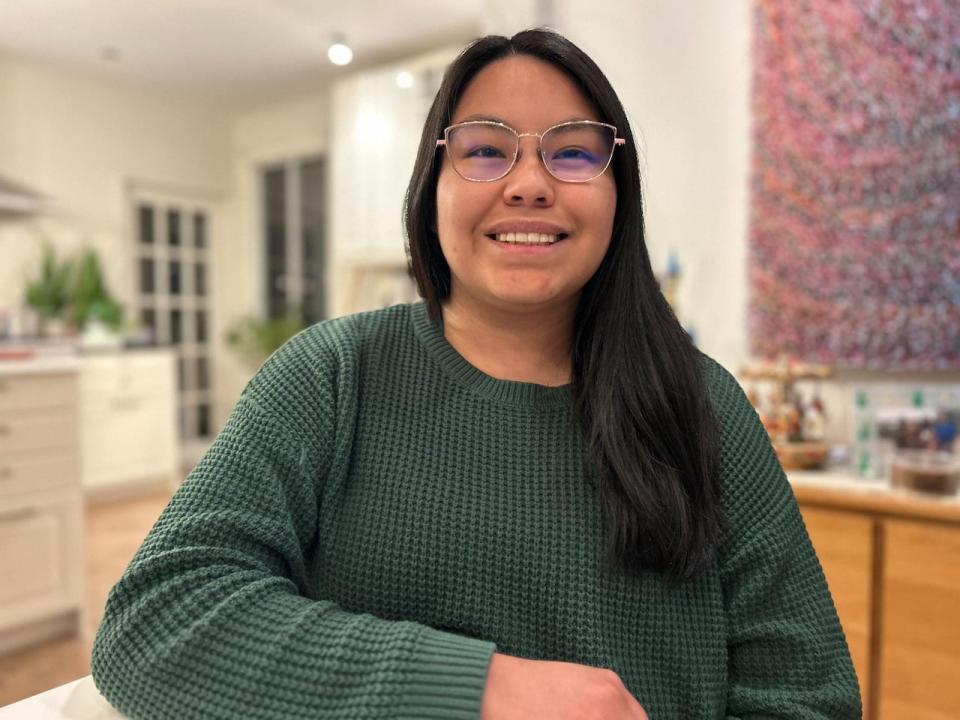Montreal is running out of homes for foster kids

The Batshaw Youth Centre is in urgent need of foster families to take in kids from an overloaded youth protection system that is running out of homes to send them to.
The regional health authority says the centre should have between 10 and 15 per cent of its beds available to adequately care for youths, but it has been working at a rate of about five per cent for the last four years. And the situation has never been this dire.
"As of today, we are completely overcrowded, with a zero rate of available places," said a spokesperson for the health authority.
That means that there might be a bed available for a child, but it will be difficult to find a foster home.
Melvin Crawford, a social worker who recruits foster parents for Batshaw, says a staff shortage is making the situation worse — and kids end up paying the price. Some aren't able to get placed in homes that match their cultural backgrounds, while others are separated from their siblings.
"In my 26 years, it's never been as sad or bad as it is at this point," said Crawford.
"Usually we would not have a difficult time finding homes for children in foster care. Now we're really having a difficult time," he said.

Bisma Ansari has been a foster mom to nine kids in four years and says it's been extremely rewarding to have a positive impact on their lives. (Jennifer Yoon/CBC)
Bisma Ansari has been a foster mom to nine kids in four years. She says it all started when she heard about a shortage of foster families from diverse backgrounds on the radio.
"That sparked: 'Maybe this is how I can be my version of a mom,'" she said.
Ansri signed up for an information session and started her journey as a foster mom. It took about a year and a half for her to welcome her first child.
She says it has been extremely rewarding to foster kids and to know she's helping meet a serious need. Ansri and her husband have some kids for the long term and others who are there temporarily.
"It's just so beautiful to see them grow and find a safe place to be themselves," she said.
"You can take pride in the fact that you were able to give them something positive, a safe place, and a step toward whatever the best future is for them."
Destiny Gregoire was in foster care starting as a baby. She says she was lucky to find a "forever home," where she stayed until she was 20.

Destiny Gregoire was in foster care starting as a baby and wants to give back by being a social worker and eventually fostering kids herself. (Jennifer Yoon/CBC)
It's common for people to go from family to family or to live in group homes. The idea of foster care is to have kids either eventually reunite with their parents or find a family to take them in.
"When there's a shortage like this, there's a lot of kids as young as 10 or 11 growing up in group homes where there's a lot of workers coming in and out. Whereas usually other 11-year-olds, 12-year-olds, they have parents tucking them in, getting them up for school, bringing them to different activities," said Gregoire.
Knowing the importance of having a foster family and community made Gregoire want to work with Indigenous children and teens in foster care as a social worker. Eventually she would like to foster kids herself.
"I just try to be someone I wish I had growing up," she said.
"I had a really positive experience in care and I was given a chance to have a family, and I want to be able to provide that back to other kids."
Ansri, on her end, says she'll keep fostering kids "for the rest of [her] life."


